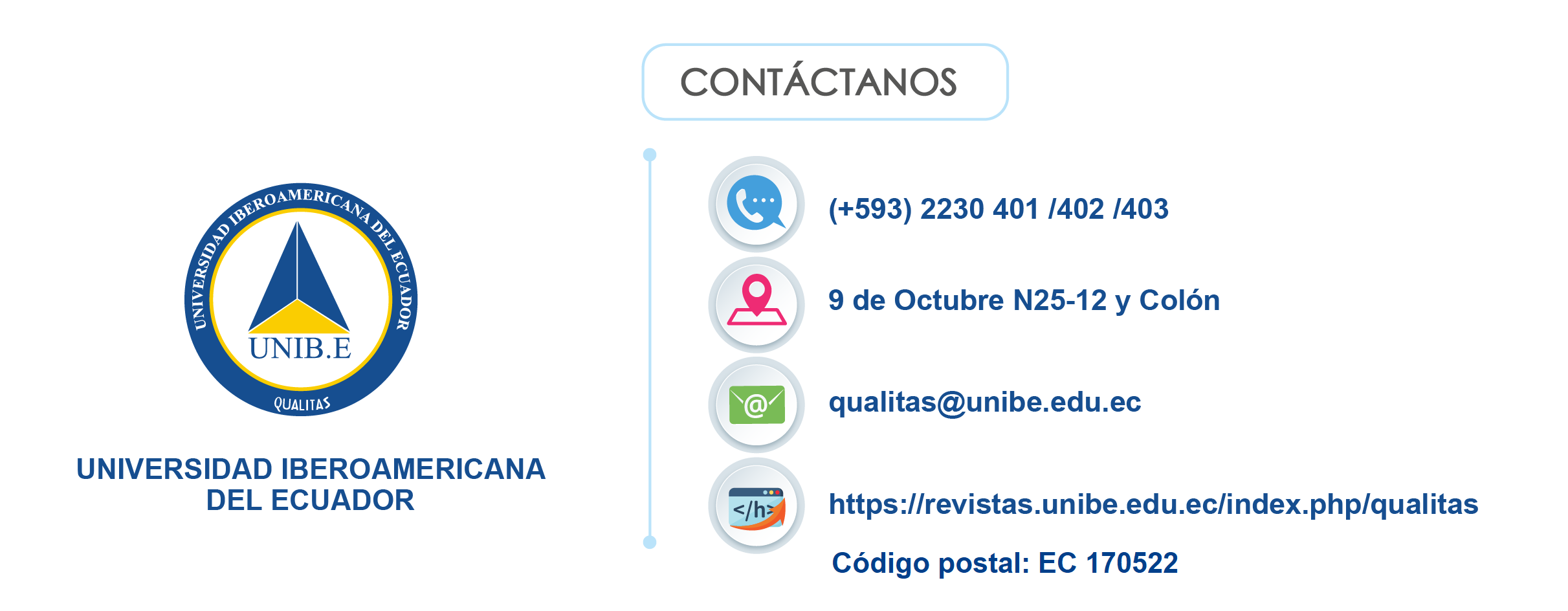Legal perspectives on gender violence: search for the balance between non-revictimization and the right to defense
DOI:
https://doi.org/10.55867/qual29.07Keywords:
Gender-based Violence, evidentiary assets, revictimization, constitutional guarantees, due process, objectivityAbstract
This article brings together the different positions, criteria and actions of the subjects involved in the judicial processes specialized in Gender Violence, at the time of obtaining the evidence; This, with the intention of achieving as a general objective a fair balance in the collection of evidence, both for prosecution and defense, with a view to the protection of the victim and aware of the suffering of additional damages that their performance in the process implies. judicial, thus avoiding as much as possible re-victimization; as well as, generating an adequate application of the constitutional guarantees of due process to which every person accused of a crime of this nature is entitled, enabling them to defend themselves appropriately. The methodology applied to the research, by its nature, corresponded to the study, review and consultation of documentary sources, such as books, physical and digital repositories of Universities, theses in fourth level degrees, general and special national regulations; as well as international regulations, academic articles and jurisprudence related to the proposed topic. Furthermore, an analysis was carried out based on criteria collected in the experience acquired in the State Attorney General's Office, as the institution responsible for the exercise of public criminal action in Ecuador; this, in terms of their participation and conservation of their principle of objectivity, correlated in the developed topic. Finally, as results, it was possible to suggest possible recommendations in obtaining evidence, which would balance the application of the constitutional rights in conflict since their categorization is of equal hierarchy.
Downloads
References
Código Orgánico Integral Penal [COIP]. Registro Oficial No. 180. 10 de febrero de 2014. (Ecuador).
Constitución de la República del Ecuador [CRE].Registro Oficial 449. 20 de octubre de 2008. (Ecuador)
Convención Americana sobre Derechos Humanos (1969).
Declaración Universal de los Derechos Humanos. (1948).
Derecho procesal: dilemas sobre la verdad en el proceso. (2014). En A. A. Velloso, Proceso y verdad. Medellin, Colombia: Grupo de Investigaciones en Derecho Editorial Universidad Pontificia Bolivariana.
Donna, E. A. (2021). Revista de Derecho Penal. Buenos Aires, Argentina: RUBINZAL-CULZONI EDITORES.
Gelman vs Uruguay (Corte Interamericana de Derechos Humanos). (24 de Febrero de 2011).
Guzman, M. (2022). La revictimización de mujeres en delitos sexuales desde la política criminal. Quito, Ecuador : Jefatura de Publicaciones Universidad Andina Simón Bolivar.
Ley para prevenir y erradicar la violencia contra las mujeres. Registro Oficial No. 175. 05 de febrero de 2018. (Ecuador).
Pacto Internacional de Derechos Civiles y Políticos. (1966).
Revista Cientifica de Perfil Criminologico de la Fiscalía General del Estado. (2023). María Pilar Marco Francia.
Unidas, N. (1985). Declaración sobre los principios fundamentales de justicia para las víctimas de delitos y del abuso de poder.
Vélez, A. (1986). Derecho Procesal Penal. Buenos Aires : Editorial Córdoba.
Published
How to Cite
Issue
Section
License
Copyright (c) 2025 Verónica Fabiola Baldeón Solorzano

This work is licensed under a Creative Commons Attribution 4.0 International License.



















